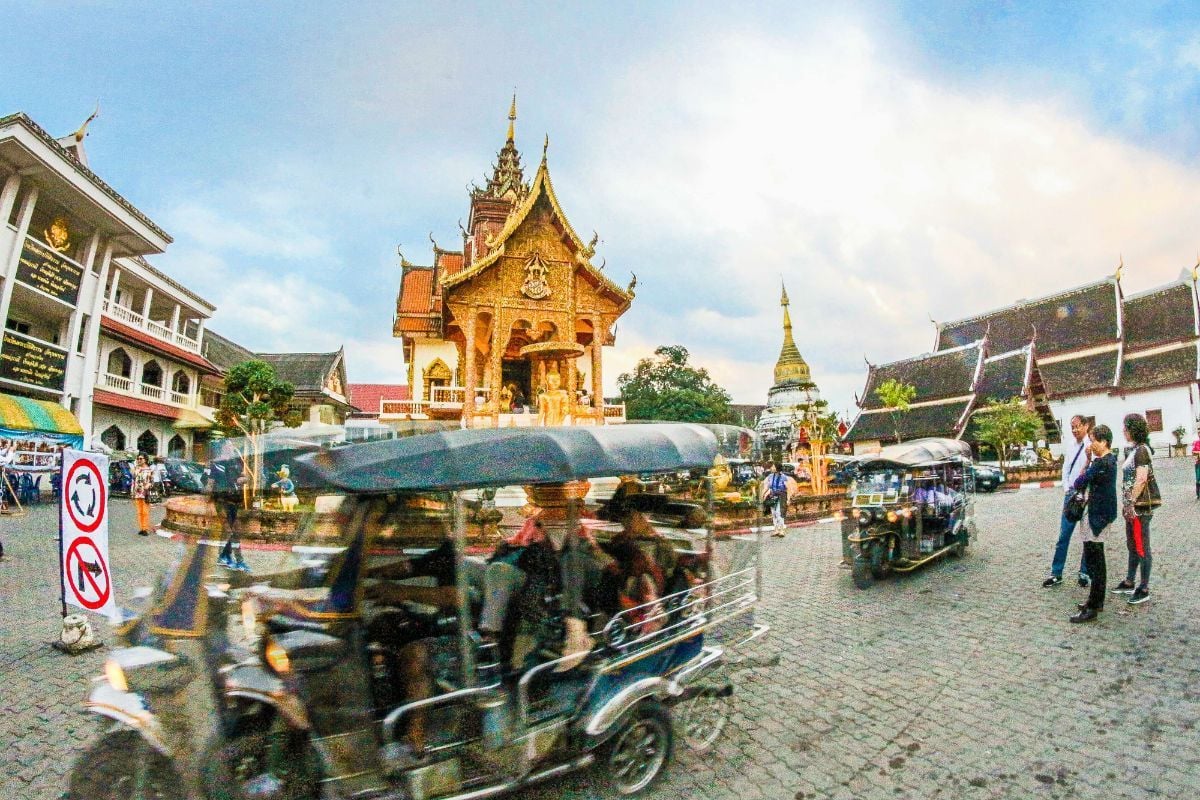Thailand tourism faces slowdown amid Vietnam, South Korea competition
Safety concerns, strong baht, and regional competition threaten Thailand's tourism recovery

As travellers are shifting their sights to Vietnam and South Korea, intensified competition in Asia’s tourism market may lead to a slowdown in Thailand’s tourism sector for the rest of 2025. According to industry experts, the expansion of visa exemptions from the two nations will most likely siphon tourists away from the Kingdom.
Additionally, the domestic co-payment subsidy initiative has not significantly boosted revenue for half of the participating Thai hotels.
Northeast of Thailand, South Korea has introduced a visa-free policy for Chinese tour groups from September, ahead of the October Golden Week holidays. Similarly, Vietnam has also extended visa-free entry to 12 more markets, including Belgium, the Netherlands, and Switzerland, increasing the total to 39 markets.
Thailand’s current visa-free policy encompasses 93 countries; however, it may lose effectiveness unless the government tackles the country’s unsafe image and actively promotes new tourism products and attractions, according to Thanapol Cheewarattanaporn, President of the Association of Thai Travel Agents (ATTA).
Despite border tensions with Cambodia and the August 8 attack on two Malaysian tourists in Bangkok, Thanapol noted that the government has been sluggish in reassuring tourists about safety or taking measures to instil confidence in potential visitors.
Thanapol also noted that negative perceptions of Thailand are spreading on international social media, making it challenging to meet the government’s target of 35 million foreign arrivals this year. ATTA plans to conduct roadshows in Taiwan and India next month to restore tourism confidence.
Numbers slumped
As of August 10, Thailand had recorded 20.2 million arrivals, a 6.9% decline year-on-year, with Chinese tourists making up the largest segment at 2.8 million. However, Chinese arrivals are down approximately 30% due to safety concerns and increased interest in alternative destinations.
Vietnam has benefited significantly from this shift, with 12.2 million foreign arrivals in the first seven months, marking a 22.5% increase from the previous year. This growth is driven by 3.1 million Chinese and 2.5 million South Koreans. Da Nang alone has welcomed 1 million South Korean tourists.

Morrakot Kuldilok, President of the eastern chapter of the Thai Hotels Association (THA), stated that numerous tour groups, particularly from Russia, Europe, and India, have redirected their travel from Pattaya to Vietnam, attracted by newer, more affordable properties. A five-star hotel in Vietnam might cost half as much as a comparable property in Pattaya.
Morrakot emphasised the need for the government to address challenges like the strong baht, which has increased hotel prices by 5 to 7%, more promptly.
A July survey by the THA involving 126 hotels in Thailand revealed that 47% of respondents believed the domestic tourism co-payment scheme would not boost their revenue, with 28% anticipating revenue increases of no more than 5%.
Bangkok Post reported that some hotels in the eastern region forecast a revenue increase of 6 to 10%, with Chon Buri emerging as the top destination, projected to have approximately 48,000 bookings out of the 300,000 allocated for major cities.
Latest Thailand News
Follow The Thaiger on Google News:


























